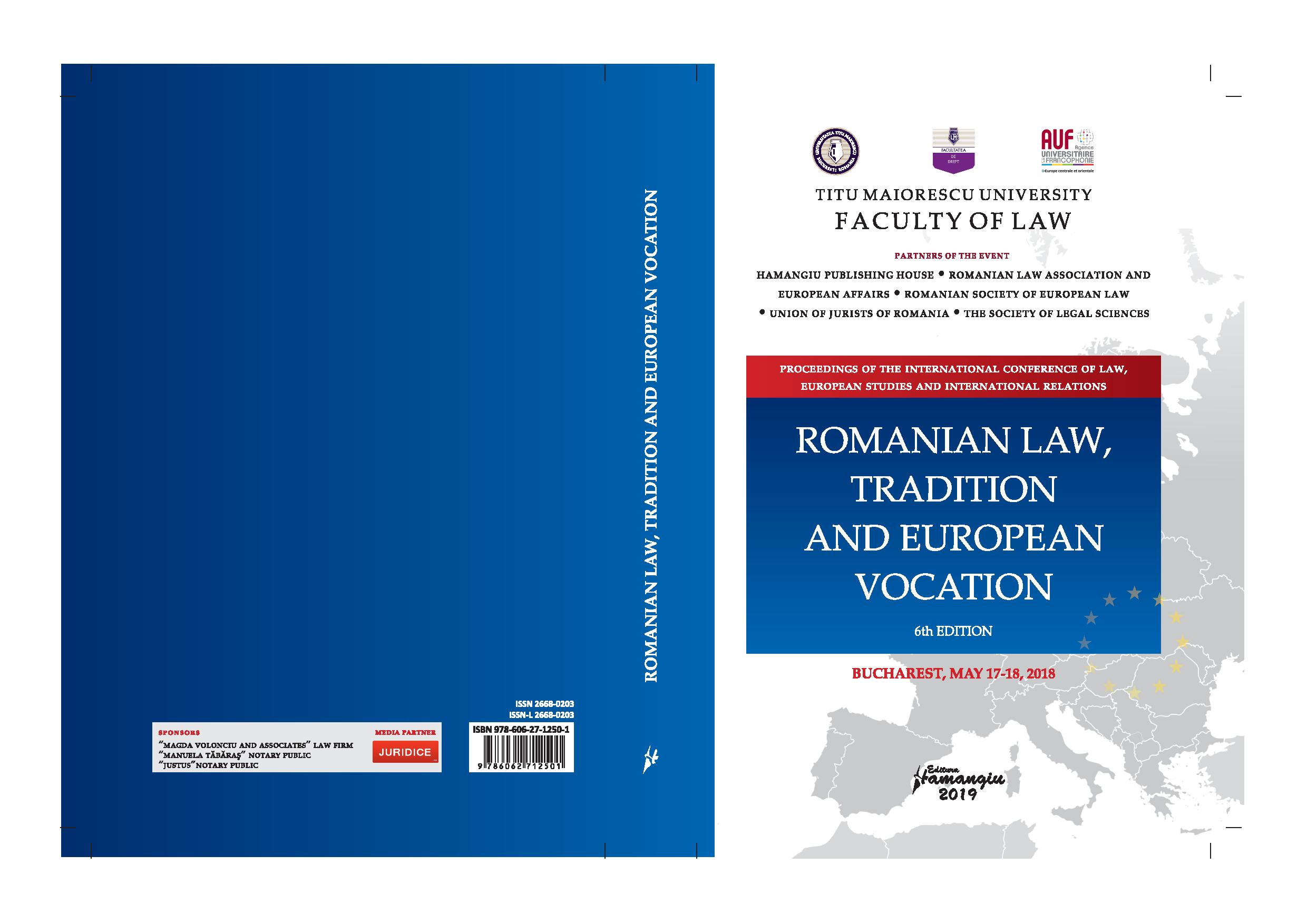Comparative Law Survey on the Innovations of the New Romanian Civil Code in the Matter of Lesion as Vice of Consent
Comparative Law Survey on the Innovations of the New Romanian Civil Code in the Matter of Lesion as Vice of Consent
Author(s): Gabriel Tiţa-NicolescuSubject(s): Civil Law
Published by: Editura Hamangiu S.R.L.
Keywords: consent; vice of consent; lesion; lesion to full-aged parties; lesion to minors;
Summary/Abstract: Lesion is a vice of consent bearing on the validity of a legal transaction because of the obviously disproportionate performances by the parties under the legal transaction. Lesion may entail the nullity of a legal transaction following a legal suit filed by the party claiming it, namely an action for annulment for lesion (also called action in rescission for lesion or, more simply, action in rescission).In the Canadian law (the main source of inspiration of our new civil code), lesion is a consequence of breaching the so-called principle of contract morals, along with abusive clauses and the failure to observe the good-faith obligation; for these reasons, the Canadian authors show that, although beyond the scope of consent, the matter is still treated as vices of consent [1]. But lesion is not recognized as a vice of consent by all law systems; some countries exclude it expressly or restrict its hypotheses so much that we may say it becomes inapplicable. For instance, the French Civil Code acknowledges lesion only in certain circumstances (extremely restrictive); on the contrary, along with the Civil Code of Québec, the Italian Civil Code recognizes lesion as a vice of consent. In terms of the principles described in the European contract law, the Guidelines of PECL expressly regulates the case of the so-called hypothesis of "excessive benefit or unfair advantage" (art. 4.109 PECL).
Journal: Conferința Internațională de Drept, Studii Europene și Relații Internaționale
- Issue Year: VI/2018
- Issue No: VI
- Page Range: 381-390
- Page Count: 10
- Language: English

